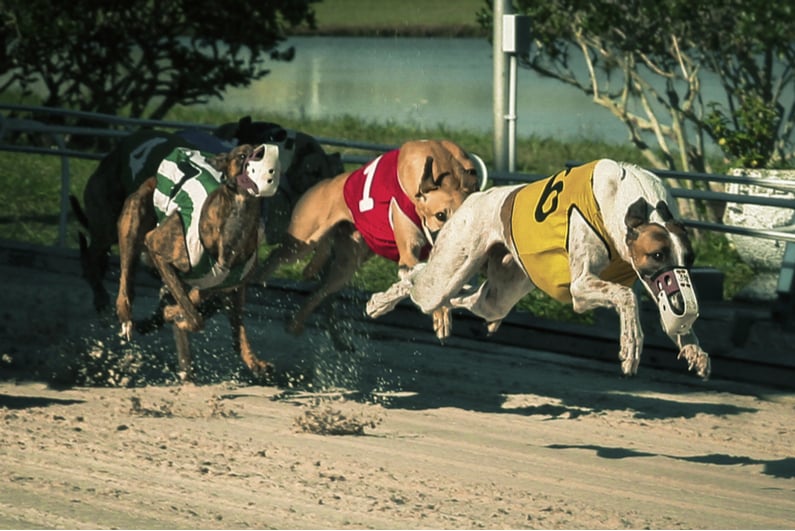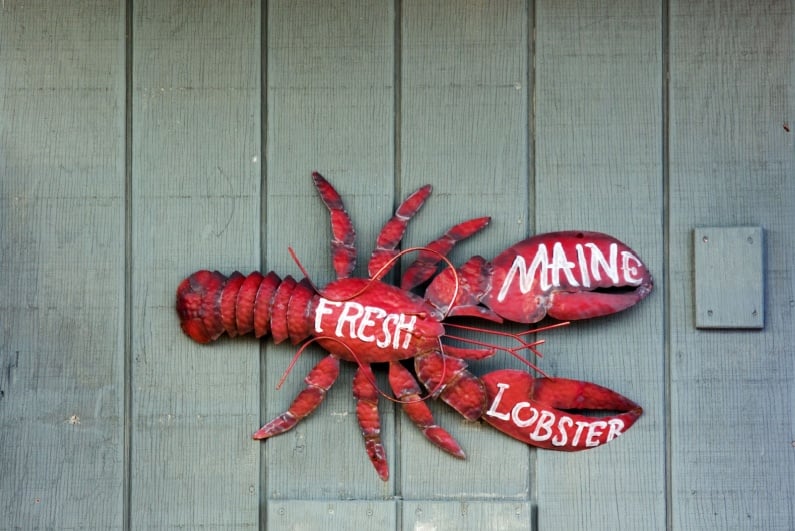“Cruel and inhumane practice”
A bipartisan group of members of the US House of Representatives has introduced a bill to ban greyhound racing. Led by Congressman Tony Cárdenas (D-CA-29), the three Democrats and three Republicans announced the Greyhound Protection Act, a re-introduction of a bill from last year, on Thursday.
facing the risk of injury and death at every turn”
“Greyhound racing is cruel and must end,” said Rep. Cárdenas in a press release. “These docile animals are kept in stacked cages for 20 hours or more a day and are subjected to brutal training practices and races, facing the risk of injury and death at every turn.”
Rep. Cárdenas added that commercial greyhound racing is nearly gone, anyway, so the bill “allows for a sensible wind-down of an already-declining industry.”
“Florida was once the mecca of greyhound racing before the state voted overwhelmingly to end this cruel and inhumane practice,” said Congresswoman María Elvira Salazar (R-FL-27). “The Greyhound Protection Act is the last lap in transitioning us away from this traumatic sport and finally treating these dogs with compassion.”
The bill only got as far as the House Committee on the Judiciary in 2020.
Wire Act amendment
The Greyhound Protection Act would amend the Wire Act to “prohibit the use of wire communications for the purpose of gambling on live, commercial greyhound racing and open field coursing events.”
Of course, the above language only forbids people from using wire communications to gamble on races and coursing events. To get around that, people could just bet with cash in person. To that end, the bill also prohibits “the transport of animals for the purpose of conducting or furthering commercial dog racing, live lure training or field coursing.”
The bill specifically notes that it has nothing to do with horse racing and does not affect the Interstate Horseracing Act of 1978.
Just four greyhound tracks left
What was once a popular pastime is now a nearly defunct industry, even without a bill to make greyhound racing illegal. The sport officially became illegal in Florida, the epicenter of the industry, at the end of 2020. According to the bill, people had become so disinterested in greyhound racing that Florida track owners were collectively losing about $30m each year. The state spent more money regulating the industry than it brought in via tax revenue.
Iowa’s greyhound racing law expires in 2022 and is not expected to be renewed
With the elimination of Florida’s three remaining tracks, there are now just four greyhound racing tracks in operation in the United States. Two, the Mardi Gras Casino and Resort and Wheeling Island Hotel-Casino-Racetrack, are in West Virginia. The others are Q Casino in Iowa and Southland Park Gaming and Racing in Arkansas. Southland Park will cease greyhound racing by the end of 2022. Iowa’s greyhound racing law expires in 2022 and is not expected to be renewed, likely leaving just the two tracks in West Virginia, down from 60 in the US two and a half decades ago.
In the span of a decade, the amount of money wagered on greyhound racing in the United States dropped steadily, from nearly $700m in 2010 to around $450m in 2018. As gambling dollars declined, so did dog breeding. In that same timeframe, the number of dogs registered to race with the National Greyhound Association went from almost 14,000 to 6,000.




